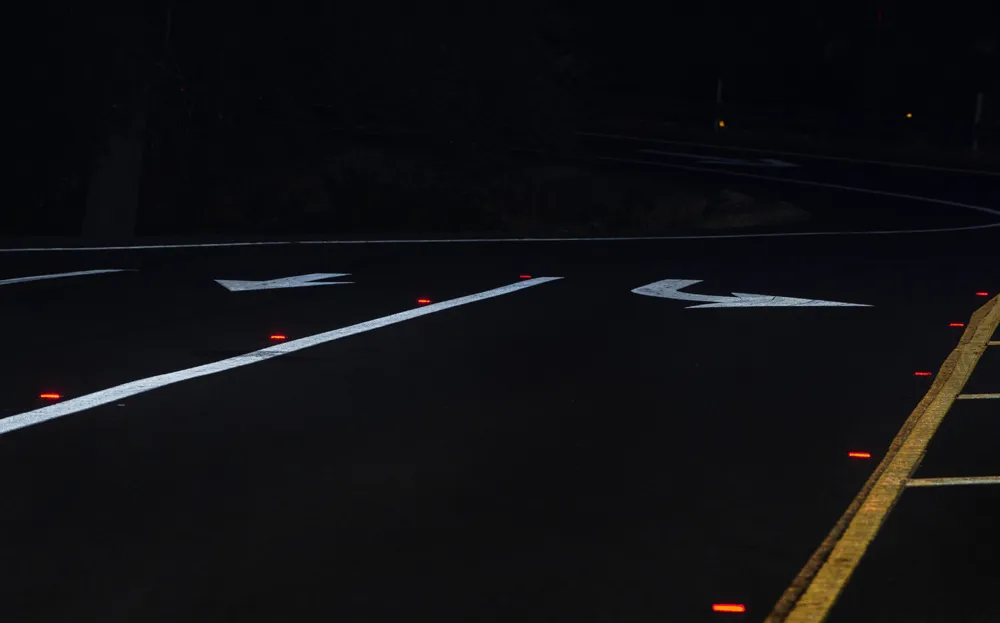
After a year of pilot programmes, National Highways is rolling out more trailer units that detect mobile phone users along England’s major roads and motorways.
The UK business of Australian road safety company Acusensus says that it has taken delivery of the first of three new trailer units which will be positioned stationary along selected highways. Acusensus’ Heads-up hardware and software technology analyses in near real time images captured through vehicle windscreens. In this way the units can also detect if a driver and front passenger are wearing seatbelts.
When a possible case of distracted driving is identified by the software, anonymised images are sent to a secure cloud for human review later. A further secondary check will validate the initial analysis and then, if an offence is deemed to have occurred, allows for the creation of an offence file,. The file can be used by the police for prosecution, as has been done in the trials.
The forthcoming deployments follow successful pilots delivered with highways maintenance firm AECOM, National Highways – responsible for England’s main highways - and police forces across the UK. “We have been running our van-based safety checks on UK roads for more than a year now,” said Geoff Collins, general manager of Acusensus’ UK office.
“This extra trailer and the others that will soon join them means we can deploy our life-saving technology at specific locations for longer, getting a better idea of the scale of the problem, the number of repeat offenders and the types of drivers involved. This will help Highway Authorities and Police Forces to build a strategy to address these dangers, change behaviour and make our roads safer.”
Acusensus says figures from Australia's New South Wales state, where the first state-wide scheme rolled out in 2019, show the technology has had a significant impact on driver behaviour. The number of mobile phone detections dropped by a factor of six. It went from one in 82 drivers in 2019 to one in 478 drivers in 2021. A subsequent programme in Queensland state has similarly started to show active changes in behaviour, according to Acusensus.
The Acusensus’ Heads Up system won the ITS (UK) Enforcement Scheme of the Year Award in October last year.
Acusensus was founded in Australia 2018 with its patented Heads-Up camera software and hardware able to simultaneously detect speeding, mobile phone use, seatbelt compliance, illegal lane use and vehicles of interest. The company operates programmes in New South Wales, Queensland, Western Australia and from 2023 in the Australia’s Capital Territory that includes Canberra, as well as several international jurisdictions. It also has a base in North America.









